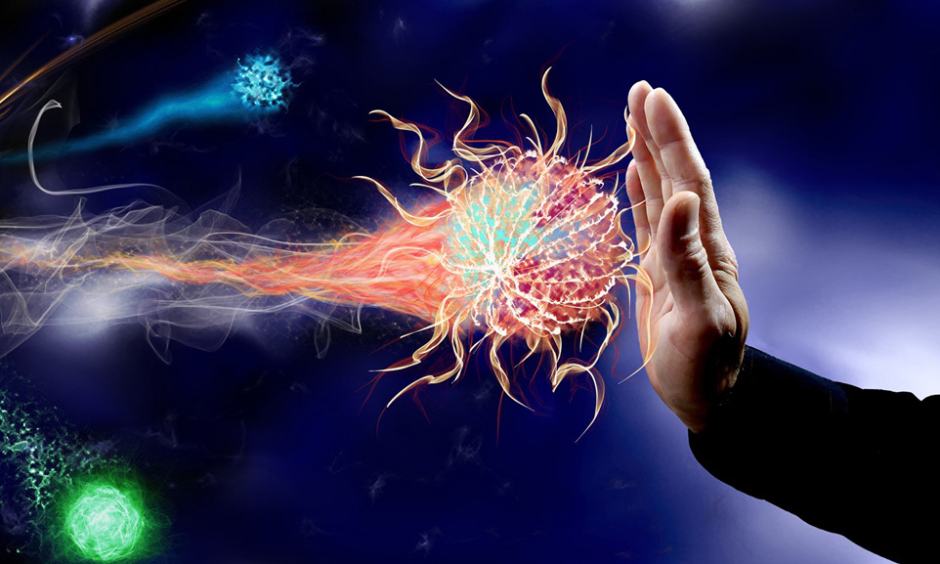NEW understanding into why immunity may weaken in older people, and the environmental factors that cause age-related differences in the immune system have been revealed using an innovative technique by researchers from Stanford University, Stanford, California, USA. The findings could provide the basis for new treatments for conditions characterised by deviations in immune cells.
Epigenetic Marks
The team modified a technique called mass cytometry to analyse epigenetic marks on proteins called histones, which associate with DNA in the cell nuclei. They wanted to see whether deviations in these chemical marks lead to age-related changes in immune cells’ genes and observed any differentiation in marking from person to person or between individual cells of the same type in the blood of a single person.
Mass Cytometry
Mass cytometry was used to specify the amounts of each of 40 different types of epigenetic marks and 30 other identifying features within 22 types of immune cells, which were then experimented on for a year. From this, 21.7 million data points were generated for assessment.
Age-Related Differences
This showed that on average there were substantially more histone marks in the cells of older people compared with younger people. Additionally, older people had greater levels of variation in the extent that histones were marked in their cells.
Environmental Factors
Next, blood samples between identical and fraternal twins were analysed to compare genetic and environmental influences on these markings. This revealed that there was substantially more variation between histone-marking patterns in older identical twins than younger twin pairs, and that the differences in older identical twins were in effect equal to those in unrelated people. This indicates that histone-mark divergence is caused by environmental factors, such as food, sleep, exercise, and stress.
“The immune system plays a prominent role in all kinds of diseases,” commented senior author Dr Purvesh Khatri, Stanford University. “By focussing too heavily on genetics, we’re ignoring the implications of human immunology and environmental influences that act on it.”
New Treatments
The team are now continuing their research to establish if there are diseases characterised by histone-mark deviations in the hope that new treatments could one day be developed that target these epigenetic marks.
James Coker, Reporter
For the source and further information about the study, click here.






